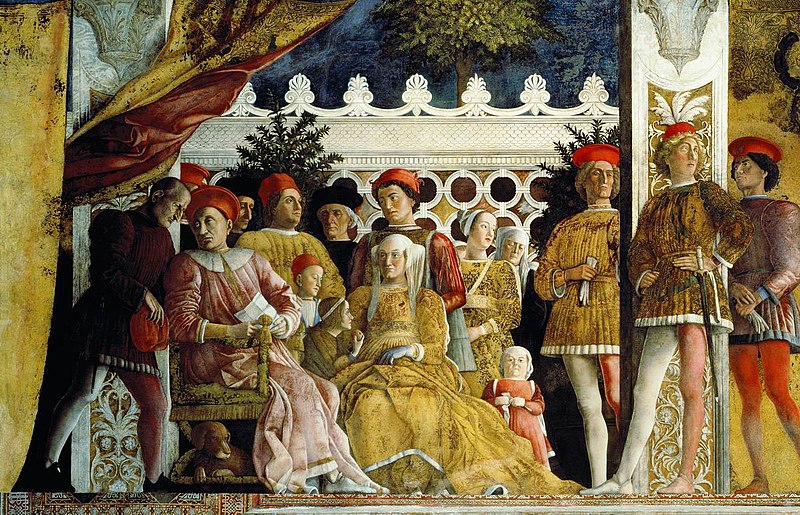The effect that even the most rudimentary of orators can have on a passionate crowd is notorious. Indeed, as Shakespeare wrote "Was ever feather so lightly blown to and fro as [a] multitude?" (William Shakespeare, "Henry VI"). Mobs provide fertile ground for pathos, the Greek term for emotional rhetoric. Such rapidly raised emotions, however, often fade just as quickly as they were inflamed.
Books, on the other hand, are patient. They can convince you of an idea without ever directly referring to it or even perhaps without allowing you to realize you are being swayed. The authority of bold black words, stained permanently into an impermanent medium, always causes me to take the author at least a little more seriously--with more respect, you could say-- than if I were speaking with him or her face to face.
Reading Baldassarre Castiglione's The Book of the Courtier has reminded me of just how subtle written rhetoric can be. In The Courtier, Castiglione uses conversations between various noblemen and ladies to illustrate the ideal attributes of a courtier. Castiglione's characters seem to navigate convoluted debates over courtly virtues to arrive at eventual conclusions, but the dialogue reminds me of Plato's Republic, in which every argument somehow seems to lead exactly to where the protagonist and primary conversationalist, Socrates, wants it to.
Is it surprising that this singular work made such a lasting impact on the culture of civilized behaviour? Perhaps, I'm not sure, but the rhetorical genius of Castiglione is not in his appraisal of the perfect courtier; perfection is easy to peddle. Instead, we are convinced by the subtle flawlessness of the court in which the dialogues take place, the seamless and flowing arguments made by its members, and the air of sprezzatura which permeates every word of the text.
Image credits: "The Court of Mantua" by Andrea Mantegna (public domain image via Wikimedia Commons).


